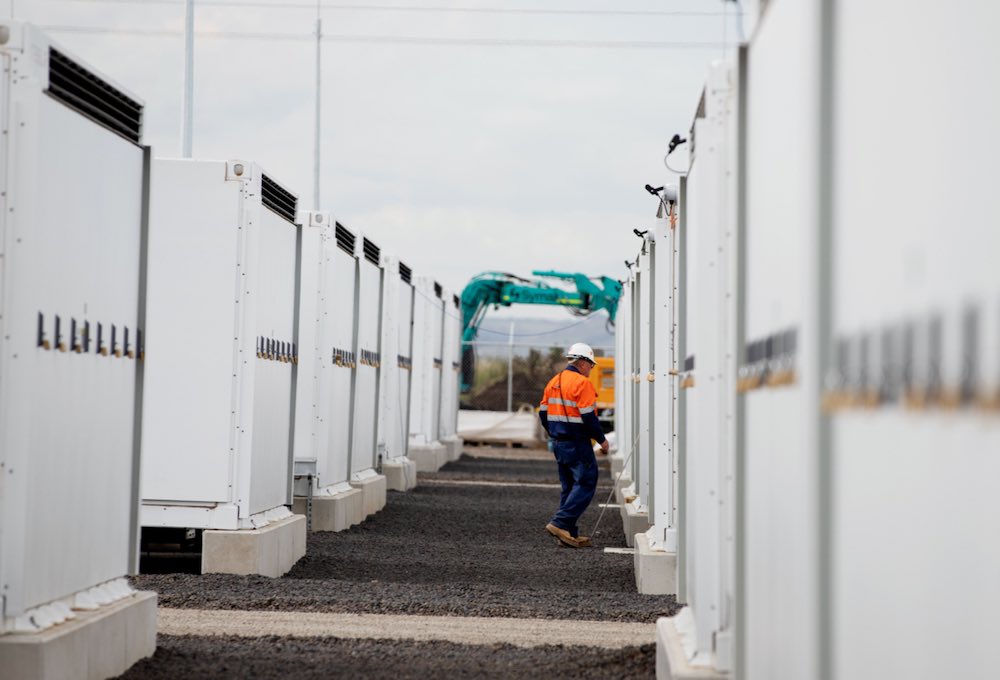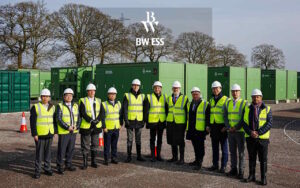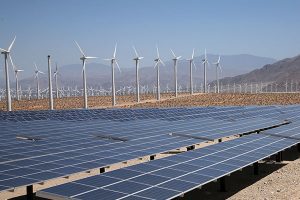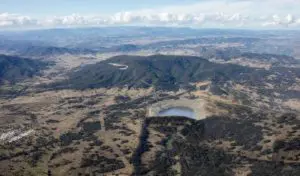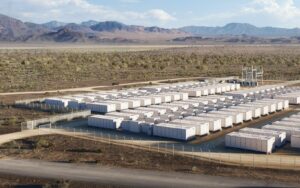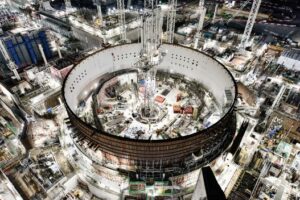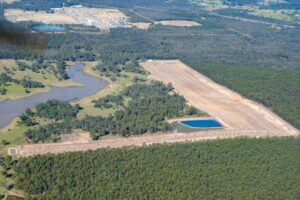Meridian Energy has announced plans to install New Zealand’s first big battery next to an oil refinery north of Auckland, as part of a hybrid renewables project aimed at stabilising the grid and boosting the flow of electricity between the North and South Islands.
Meridian revealed that the “at least” 100MW battery energy storage system was being planned for development alongside a utility-scale solar farm on 105 hectares of land the company had purchased adjacent to the Marsden Point oil refinery, to form the Ruakaka Energy Park.
The Marsden Point BESS, which Meridian said was expected to be operational by mid-2023, was flagged by Meridian chief Neil Barclay in late August, just weeks after 34,000 NZ customers lost power during one of the coldest nights of the year.
Speaking at Meridian’s full-year results announcement, Barclay said the electricity industry had failed NZ customers in a number of ways that night – mostly in planning their outages, and communicating slowly and poorly about what was going on.
And while Meridian had responded to the event by feeding extra wind generation to the grid, extra coal and hydro capacity were unable to be cranked up quickly enough to meet the spike in demand and prevent the outages.
“Aotearoa is moving to a fully renewable electricity system, which means generation will be made up of more intermittent sources like wind and solar,” said Meridian’s head of renewable development, Rebecca Knott, in a statement last week.
“During periods of peak demand when there is little sun or wind, we will need stored energy that can be dispatched quickly. New battery technology can meet this challenge by delivering power when needed for short periods.”
The location of the big battery, in the lower part of New Zealand’s North Island, aims to both reduce the chance of future network outages and allow more electricity to flow north from South Island generators.
And it is expected to be one of “many” added to the NZ grid – four or five by 2030 by Meridian’s estimates – by a range of potential developers, Meridian among them.
“The BESS is the first of many we intend to build which will have the capacity to supply instantaneous power to the grid, and enable more electricity to flow from renewable generators in the South Island over the Cook Strait cable,” Knott said.
“We’re currently talking to iwi and other community stakeholders about our plans for the site, and undertaking ecological and geotechnical site assessments as part of our due diligence.”
Knott said the solar farm would have the capacity to supply enough power for 15,000 households and woudl be built once the BESS was up and running.
No details were given about the technology, or provider, to be used for the Marsden Point BESS, but in August, Barclay noted that seasoned storage players like Tesla and Neoen, which had been busy building big batteries across the ditch in Australia, would be likely bidders.

